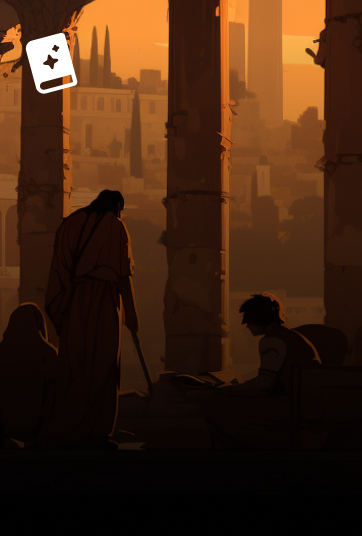
Thunder at Twilight: Vienna, 1913/1914
Ratings1
Average rating4
My nonfiction work A Nervous Splendor: Vienna 1888/1889 is an account of the months before and after the suicide of Crown Prince Rudolf. The story ends on the Saturday of the Easter weekend of 1889, when Rudolf's sarcophagus was consecrated at the hour of Adolf Hitler's birth. The present book deals with the events, ideas, unpredictabilities and inevitabilities surrounding the death of the next Crown Prince, Archduke Franz Ferdinand. The bullet that tore into his jugular sounded the initial shot in the most devastating slaughter mankind had known so far. It set off the dynamics leading to World War II. In other words, it galvanized a Zeitgeist whose consequences live today in the international news, on the street corner, in encounter sessions, on the canvases of Soho galleries. Many of the threads of the scene all around us were first spun along the Danube in the year and a half preceding the thrust of that pistol at the Archduke's head. Imperial Austria has become a byword for melodious decay. It also stoked -- crucially -- the ferment that is the idiom of modernity. Why did that happen just then and just there? And how? In what twists of the labyrinth did the world of the first Fritz Mandelbaum fragment into the world of the second? Is there a pattern to the maze? The pages that follow attempt an answer. - Preface.
Thunder at Twilight is a landmark historical vision, drawing on hitherto untapped sources to illuminate two crucial years in the life of the extraordinary city of Vienna -- and in the life of the twentieth century. It was during the carnival of 1913 that a young Stalin arrived in Vienna on a mission that would launch him into the upper echelon of Russian revolutionaries, and it was here that he first collided with Trotsky. It was in Vienna that the failed artist Adolf Hitler kept daubing watercolors and spouting tirades at fellow drifters in a flophouse. Here Archduke Franz Ferdinand had a troubled audience with Emperor Franz Joseph-and soon the bullet that killed the Archduke would set off the Great War that would kill ten million more. With luminous prose that has twice made him a finalist for the National Book Award, Frederic Morton evokes the opulent, elegant, incomparable sunset metropolis -- Vienna on the brink of cataclysm. - Publisher.
Reviews
Popular Reviews
Reviews with the most likes.
A beautifully told, clear explanation of how the European empires slowly descended into World War I, with Vienna and the Habsburg Empire as its point of departure. The book gives a sparkling impression of Vienna and the people who inhabited the city at this moment in time. This gave the bigger picture a wonderful full-bodied context. I also liked the balanced portrayal of Archduke Franz Ferdinand and his morganatic wife Countess Sophie. They are so often overlooked or characterized as borish and uninspiring.
I listen to the audio book, which was beautifully read by Arthur Morey (only his German was sometimes unintelligible) and simultaneous read the paperback. The index was very comprehensive.
























